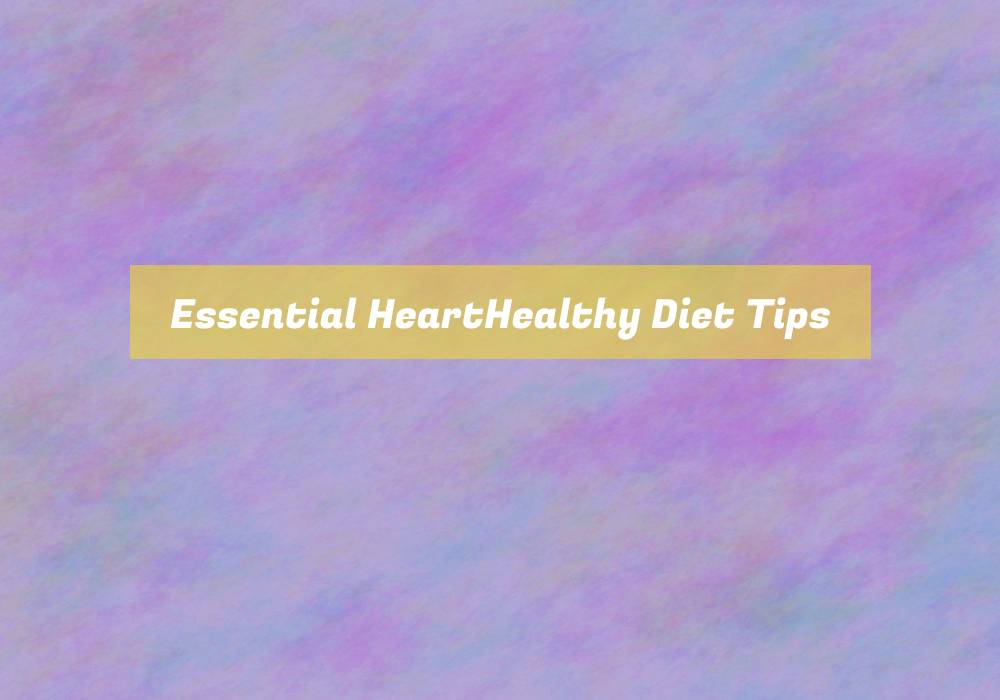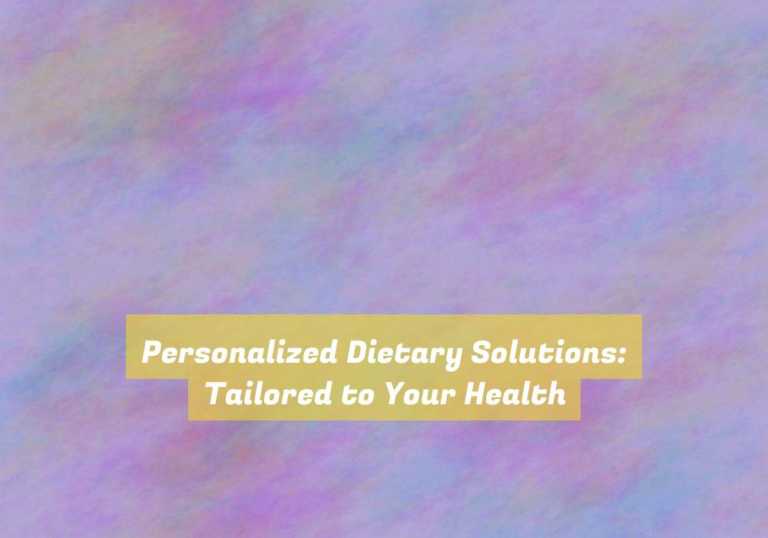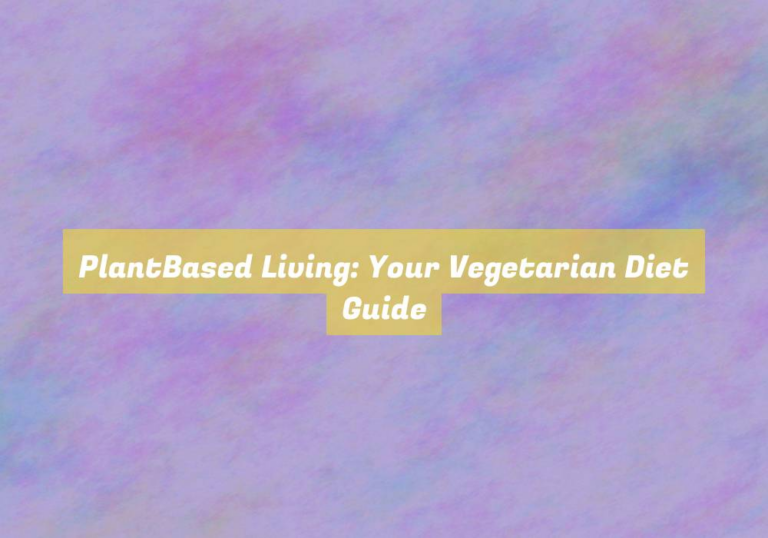Essential HeartHealthy Diet Tips
You care about your heart health, and coincidentally, the foods you eat play a crucial role in maintaining a healthy cardiovascular system.
But with so much information out there, it can be overwhelming to figure out the best approach.
What if you could simplify it and focus on a few essential tips that can make a significant difference?
LetG??s explore some straightforward yet impactful heart-healthy diet tips that you can easily incorporate into your daily routine.
Understanding Heart-Healthy Foods
Understanding heart-healthy foods is essential for maintaining a healthy cardiovascular system and reducing the risk of heart disease. When you choose heart-healthy foods, youG??re making a conscious decision to prioritize your heartG??s well-being.
Opt for foods that are low in saturated fats and trans fats. These unhealthy fats can raise your bad cholesterol levels, increasing your risk of heart disease. Instead, focus on incorporating healthier fats like those found in avocados, nuts, and olive oil.
Additionally, consuming a variety of fruits and vegetables can provide essential nutrients and fiber that support heart health. Aim to include a colorful assortment of produce in your diet to benefit from their unique mix of vitamins, minerals, and antioxidants.
Whole grains, such as oats and quinoa, are also vital components of a heart-healthy diet as they can help lower cholesterol levels.
Incorporating Omega-3 Fatty Acids
Incorporate omega-3 fatty acids into your diet by consuming fatty fish such as salmon, mackerel, or sardines at least twice a week. These types of fish are rich sources of omega-3 fatty acids, which are known to support heart health.
If youG??re not a fan of fish, you can opt for other sources of omega-3s like flaxseeds, chia seeds, walnuts, or algae-based supplements.
When preparing your fish, consider grilling or baking instead of frying to keep the dish heart-healthy. You can also experiment with different recipes and seasonings to keep things interesting.
If you choose to take supplements, make sure to consult with your healthcare provider to determine the right dosage for your individual needs.
In addition to incorporating omega-3 rich foods, itG??s important to reduce the intake of omega-6 fatty acids found in processed and fried foods. Balancing the intake of omega-3 and omega-6 fatty acids is essential for maintaining heart health.
Limiting Sodium and Processed Foods
To further support your heart health, itG??s important to limit the intake of sodium and processed foods, which can have negative impacts on your overall well-being. High levels of sodium can contribute to high blood pressure, increasing the risk of heart disease and stroke. Processed foods often contain high amounts of sodium, as well as unhealthy trans fats and added sugars, which can all be detrimental to your heart health.
When shopping for food, make it a habit to check the nutrition labels and opt for low-sodium or sodium-free options.
Cooking at home using fresh ingredients is a great way to take control of your sodium intake. Instead of reaching for processed snacks and meals, choose whole foods such as fruits, vegetables, lean proteins, and whole grains. These choices not only help in reducing your sodium intake but also provide essential nutrients that support heart health.
Additionally, cooking at home allows you to regulate the amount of salt added to your meals. By being mindful of your sodium and processed food intake, you can positively impact your heart health and overall well-being.
Balancing Nutrient-Rich Meals
When planning your meals, focus on incorporating a variety of nutrient-rich foods to support your heart health and overall well-being. To balance your meals, aim to include a combination of lean proteins, whole grains, fruits, vegetables, and healthy fats.
Start by filling half your plate with colorful vegetables and fruits, as theyG??re packed with essential vitamins, minerals, and fiber.
Incorporate lean proteins such as fish, skinless poultry, beans, and nuts, which are great sources of protein without the added saturated fat found in red meat.
Opt for whole grains like brown rice, quinoa, and whole wheat bread, as they provide more nutrients and fiber than refined grains.
Additionally, include sources of healthy fats like avocados, olive oil, and nuts to help reduce the risk of heart disease.
Conclusion
In conclusion, making small changes to your diet can have a big impact on your heart health.
Focus on incorporating more omega-3 fatty acids, limiting sodium and processed foods, and balancing your meals with nutrient-rich foods.
By making these simple adjustments, you can improve your heart health and reduce your risk of heart disease.
Remember, a healthy heart starts with a healthy diet.




